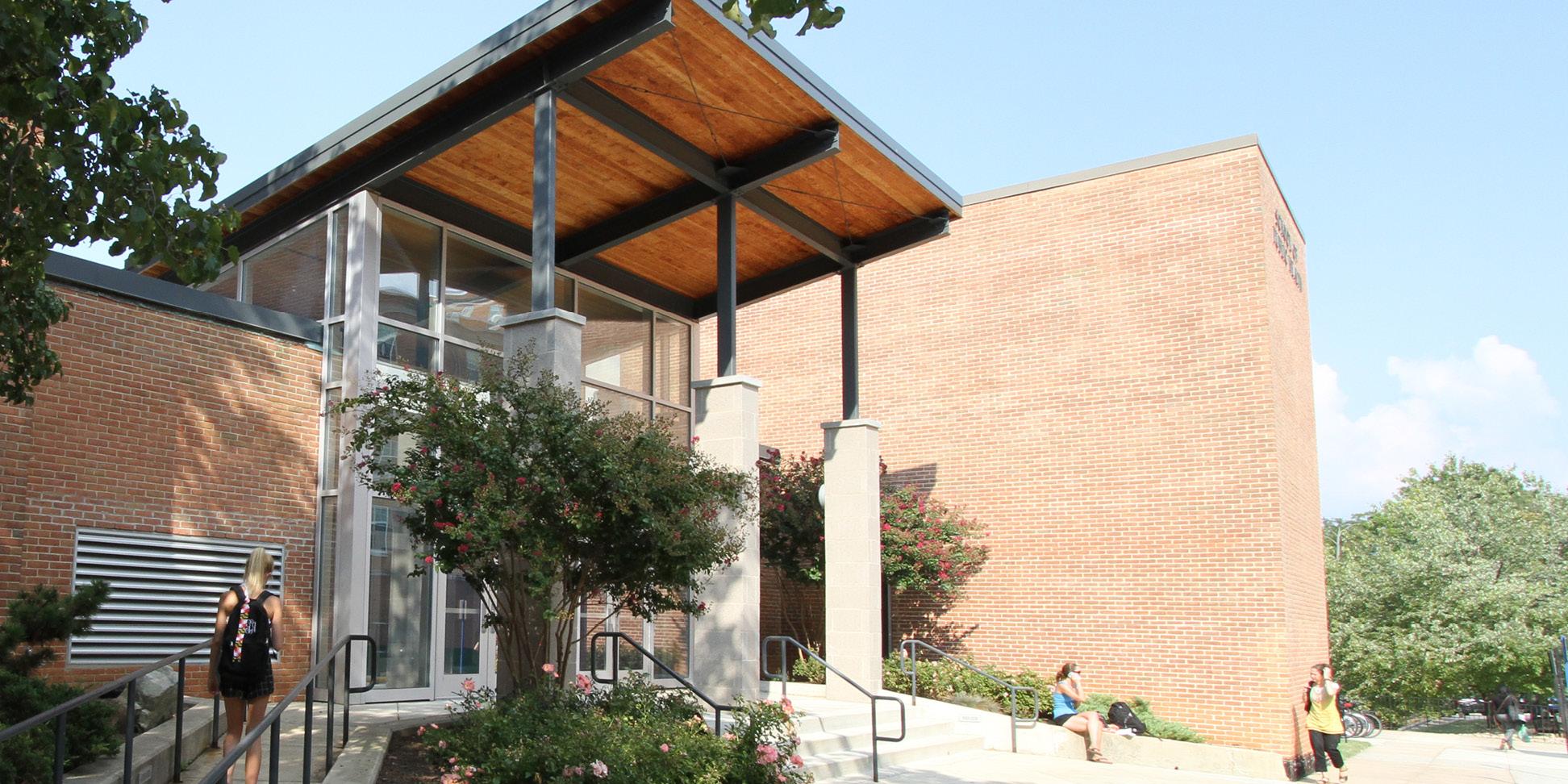
The UMD School of Public Health is actively responding to the COVID-19 pandemic--providing service and expertise to the campus, the state of Maryland, and the nation.
“Our response to COVID-19 demands a comprehensive approach,” Dean Boris Lushniak said. To organize the efforts, Lushniak set up a COVID-19 Incident Command Team (ICT), which includes a Community Engagement Response Team to address community needs.
Principal Associate Dean Dushanka Kleinman is working to facilitate interaction with state and local public health agencies, while Professor Stephen Thomas, director of the Maryland Center for Health Equity, is leading community engagement efforts.
“In the midst of this pandemic, we’ve just been cut off from each other,” Thomas said about the challenges in trying to engage with diverse community partners in the context of physical distancing. “We are reaching out to our community partners so we can learn and act together.”
The school’s community partners include the Maryland Community Research Advisory Board (CRAB), participants in the Legacy Leadership Institute for Public Policy, the Health in All Policies Workgroup, and the barbers and stylists who act as lay health educators with the Health Advocates In-Reach and Research (HAIR) program, among others.
Surveys are being sent out to identify interest in joining “community dialogues” that will help assess how the school and community can work together to advance public health. Thomas said that the school wants to understand what its partners are hearing about the virus in their networks and how best to reach those who are most vulnerable and who might be falling through the gaps.
“There’s still a lot of misinformation out there,” Thomas said. “Minority populations are not getting the information they need to mitigate this virus. We need our community partners to echo--to amplify--the evidence-based message to their constituents.”
Because communities are not convening together anymore, Thomas said we need to help partners get accurate information, and help them amplify messages like social distancing. But, they also need messages that are tailored to their specific needs, like the needs of young families or those who experience domestic violence.
Dr. Thomas has also been a leading voice in the call for states to share data on COVID-19 infections and deaths by race and ethnicity as the evidence mounts that black people are bearing a disproportionate burden.
“As racial and ethnic communities come to realize they are in the crosshairs of this pandemic, we must ensure they have a roadmap to safety, rather than the dread and despair associated with the many chronic diseases they live with and die from,” he stressed.
“How might we, as a school of public health, do a better job at getting the information that you need to help your community take proactive action?” Thomas asked. “They’re looking to us to help curate that information so that they have confidence in both the message and the messenger. That’s the trust-bridge we are going to create with our virtual community.”
In addition, there are innovative approaches communities are using to sustain recommended safety practices that can be shared broadly. One silver lining may be that many more minority communities come to master the online virtual technology that will emerge on the other side of this pandemic as a primary way people communicate.
And in another effort to fight the pandemic, Lushniak sent out a call to volunteer with Maryland Responds Maryland Medical Reserve Corps. Volunteers are trained to serve in supportive roles during public health and emergency response deployments.
“Given my experience leading domestic and international deployments as the Deputy and Acting Surgeon General and Rear Admiral in the US Public Health Service Commissioned Corps,” Lushniak told students in an email, “I know that being part of a team providing timely response to a health emergency is an experience like no other and strengthens our commitment and sense of duty to protect, promote and prolong health.”
All efforts from the school to fight the pandemic will further strengthen the school’s capacity to respond to requests and recommendations from the Governor, state and local health departments, and the Centers for Disease Control and Prevention.